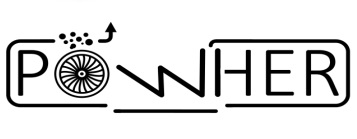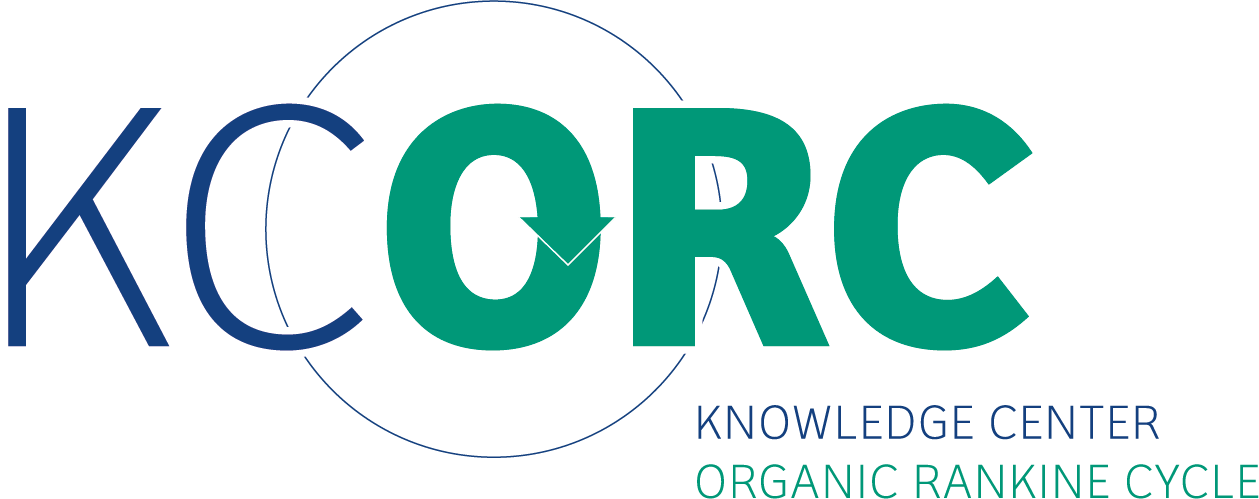Partial evaporation ORC systems for industrial waste heat recovery

Project website: (under development)
Time period: Nov 2023 to Nov 2025
Funder: Italian Ministry of University and Research – EU Next Generation Europe framework
Total budget: 223,800 EUR
Short description:
EU resource and energy-intensive industries (REIIs) must reduce their pollutant and GHG emissions. In the current EU energy and industrial scenario, REIIs are also required to “do more with less” (i.e. increase their production, consuming less energy) as stated by the 2030 SPIRE roadmap. Waste Heat Recovery (WHR) is a consolidated practice that can help REIIs to improve the overall efficiency of the process by converting low-quality heat into electricity. Among possible solutions, Organic Rankine Cycle (ORC) is best suited to recover hot streams below temperatures of 300 °C.
The POWHER project (Partial evaporation ORC systems for industrial waste heat recovery), intends to innovate the consolidated yet limited ORC technology by employing innovative low-TRL Partial Evaporation ORC (PE-ORC), which can enable a significant increase in the conversion efficiency (up to +30%), allowing the expansion to occur within the two-phase region. The challenges are numerous, involving both the non-conventional two-phase turbine and its interaction with the overall system operation. Thanks to the unique and complementary expertise of Politecnico di Milano (POLIMI) and Università di Bologna (UNIBO) research units (RUs), and leveraging existing facilities and proprietary in-house codes, many of these challenges can find an answer.
POLIMI coordinates the project and it is responsible for the design of the two-phase turbine. Due to the lack of effective design criteria for this component, new design guidelines will be formulated exploiting computational fluid dynamic (CFD) simulations. To circumvent the lack of reliable CFD methods that can account for thermo-chemical non-equilibrium between phases of organic fluids, a dedicated experimental campaign will be conceived in the one-of-a-kind TROVA facility (Test Rig for Organic VApors), which will be adapted to accomplish measurements on two-phase expansion. The experimental data will be used to inform the CFD methods, then formulating the first CFD tool purposely developed to account for non-equilibrium effects in flashing flows of organic fluids. UNIBO will assess the techno-economic feasibility of the whole system incorporating turbine performance in the system assessment and optimization. Moreover, to validate the feasibility of the technology, the UNIBO RU will showcase a proof-of-concept of the PE-ORC technology by adapting its lab-scale ORC unit. From this experimental campaign, new control techniques will be implemented to meet the target vapor quality at the turbine intake based on key system variables. Such experimental experience will also return unique information about system control and operation.
Support to the project has been expressed by leading ORC manufacturers as well as by international associations (ETN, KCORC); this will enhance the dissemination and exploitation activities of the POWHER project, which promises a significant step forward for PE-ORC solutions as a means for decarbonizing strategic energy -intensive industries and meeting national targets of reduction in GHG emissions.
Partners:
- Politecnico di Milano
- Università degli Studi di Bologna

